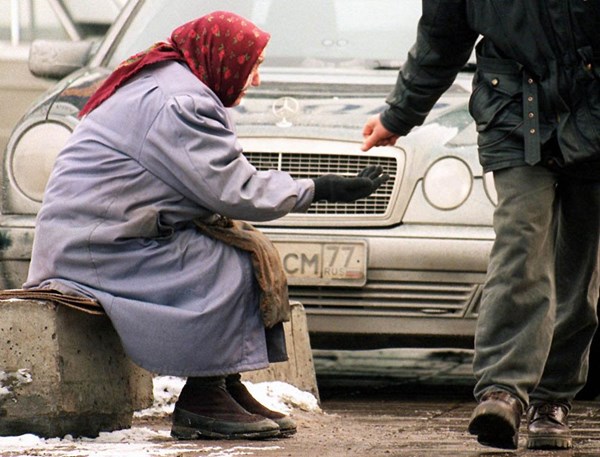Putin implements emergency measures to avert looming economic crisis in Russia
Russian President Vladimir Putin is urgently demanding measures to save the nation's faltering economy as the situation spirals out of control, according to Russian media reports. Experts are cautioning that the magnitude of Russia's economic challenges renders most of Putin's crisis-response measures ineffective.
Amid a sharp downturn in industrial business activity, the Kremlin is making emergency efforts to stabilize the situation. On Saturday, Putin issued an urgent directive to maintain production volumes in the manufacturing sector at last year's levels, no matter the cost. The Kremlin's has published a list of mandates outlining that the Russian government and Central Bank are tasked with urgently "boosting demand," supporting investments, and ensuring funding for industrial projects.
The document explicitly states that production in 2025 "must not decrease" compared to 2024. This is an attempt to formally prevent a downturn, even if it requires state financial injections and statistical manipulations.
Economists are observing that the measures laid out by the Kremlin can only temporarily delay the decline. Despite record state financial inputs, the scale of issues—from declining household incomes to disrupted supply chains—is so vast that the impact of the president's urgent orders will likely be more symbolic than substantial.
Confirming this situation, data from the PMI business activity index shows a drop to 47.5 points in June, indicating sustained contraction territory. This marks the most significant decline since the spring of 2022, when the economy was hit by sanctions and financial markets panic, reports The Moscow Times.
S&P Global, which surveys Russian companies, notes that business activity has fallen in three of the last four months. Companies cite continuous order reductions and sustained demand decline. Production has contracted for the fourth consecutive month, with the pace of decline in June being the steepest in three years.
In 2024, the manufacturing sector officially showed growth, driven by state orders for the war with Ukraine. However, outside military contracts, demand has begun to wane. Diminished purchasing power, declining new orders, and slowing investments suggest that last year's "growth" was a temporary over-inflated illusion.
Thus, Moscow is increasingly desperate to hold onto an economy slipping into prolonged crisis, along with the remnants of the illusion of "stability."
